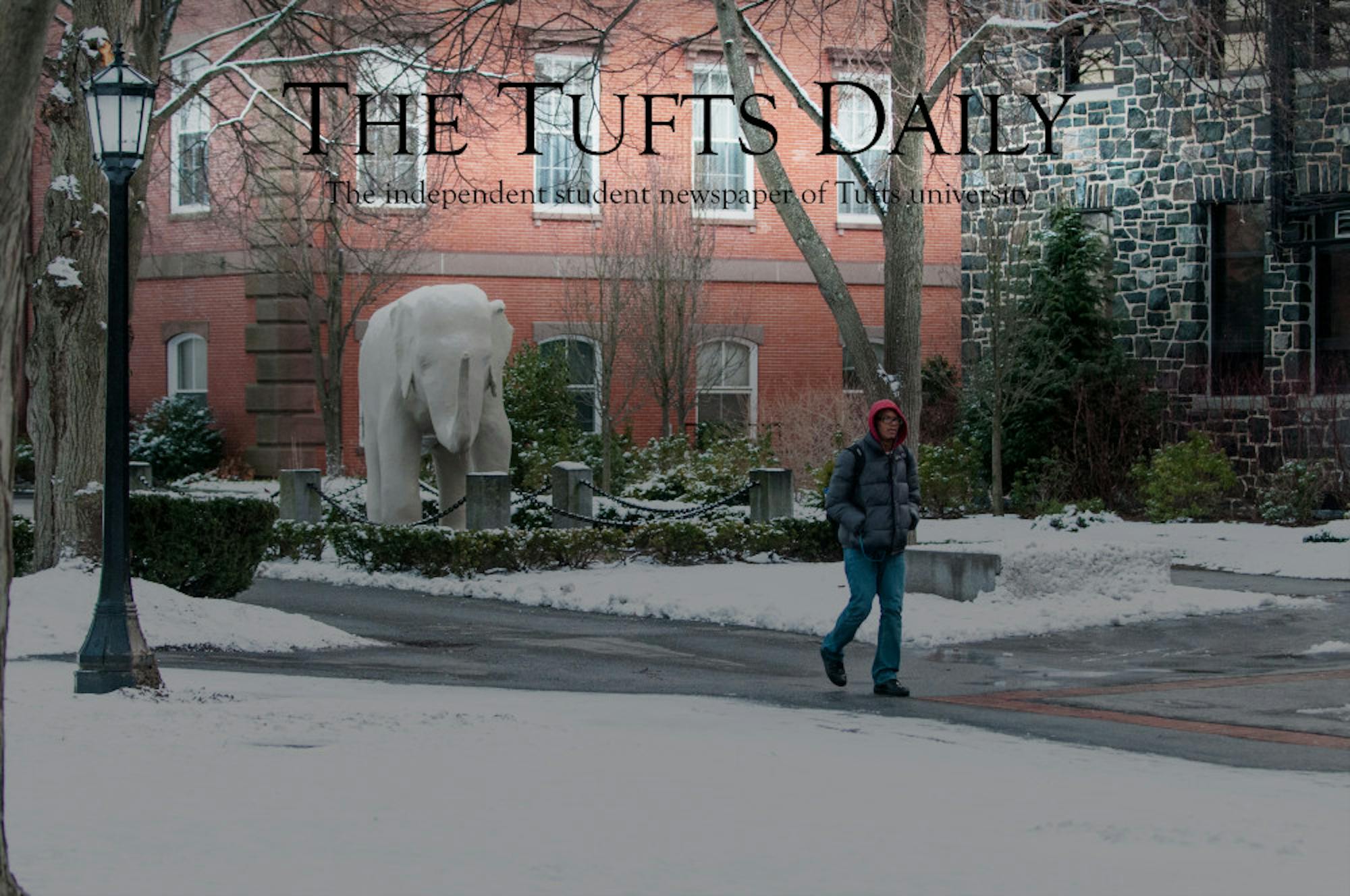"Charlie Countryman" feels a lot like an elaborate music video. The movie's soundtrack - sonic and sparse, like an easy-listening electronica album - fills every emotional moment. This is nothing new - after all, movie soundtracks have been cuing viewers on how to feel for a while. In "Charlie Countryman," however, so many of the scenes are transformed into slow motion epiphanies set to ethereal compositions that it often feels like the movie is showcasing the music.
Initially, the movie's plot seems promising: "Charlie Countryman" is a love story wrapped in a gangster film, sprinkled with a coming-of-age dressing. Titular character Charlie Countryman (Shia LaBeouf) finds himself on a plane to Bucharest, Romania, after being prompted to do so by his mother's ghost (not half as interesting as this description makes it sound). On the journey, Charlie's neighboring passenger dies quietly on his shoulder, and a peculiar sequence of events leads Charlie to later meet the dead man's daughter, Gabi (Evan Rachel Wood). Gabi has just the right blend of good looks and emotional vulnerability to make Charlie fall suddenly and passionately in love with her. There's just one problem: Her ex-husband is a statuesque gangster with a seething demeanor and the jaw line of an ?bermensch, and he wants Gabi back. What follows is a fairly common love-conquers-all struggle punctuated by uplifting moments of music.
The movie's trite plot, which relies too heavily on its exotic details, is a fundamental flaw and especially disappointing given that some of the subplots are actually well done. One such strength is the portrayal of Charlie as a na?ve, intruding American in a foreign country. When he insists on speaking in his trademark "I'm-a-good-guy" tone, some of the locals mock him. Charlie befriends two zany Brits at a youth hostel who drug him as a prank and eventually become embroiled in his conflict with the Romanian underworld. The general sense that Charlie is powerless and bewildered - as any foreigner might be - feels candid. In contrast, at the core of the movie, Charlie and Gabi's love story seems boring and implausible, and the interplay of these elements feels both sloppy and gratuitous.
Another of these exotic subplots features Nigel, Gabi's gangster ex-husband, who is far more fascinating than the film's protagonist. Nigel, played flawlessly by Mads Mikkelsen, is calm, charming and unusually eloquent, while Charlie is bumbling and puppy-eyed by comparison. The only thing Charlie has going for him is that he's not a gangster. The brief reprisal of Nigel and Gabi's romance is much more interesting than the love story that dominates most of "Charlie Countryman." The film not only leaves the audience wondering how Gabi could ever fall in love with Charlie in the first place, but also makes the audience wonder, why not just make a movie about Gabi and Nigel instead.
In the end, a lackluster main character is the fault haunting most of "Charlie Countryman." Although the film has good production value with moments of genuinely interesting cinematography, it always reverts back to its generic primary conflict: Shia LaBeouf tries - and fails - to convince the audience that his existential crisis will be resolved through love.
Indeed, the scene that perhaps perfectly encapsulates this is when the spirit of Charlie's mother reappears on the street to speak with him.
"When I told you to go to Bucharest, I actually meant to say Budapest," she says between repressed giggles.
"Well if I die," Charlie responds, "at least I die for love. That's a pretty cool way to die."
This odd interaction, too melodramatic to be comical and too frivolous to be touching, completely captures the flavor of a movie that is earnest in all the wrong places. "Charlie Countryman" is a mediocre action and love story hybrid that conflates passion with love, chance with plot and good intentions with good quality.






